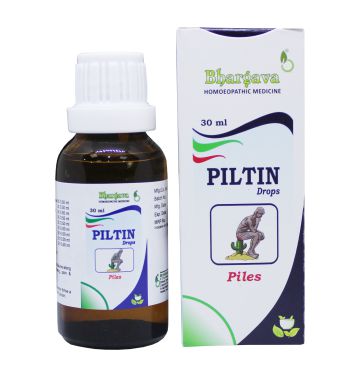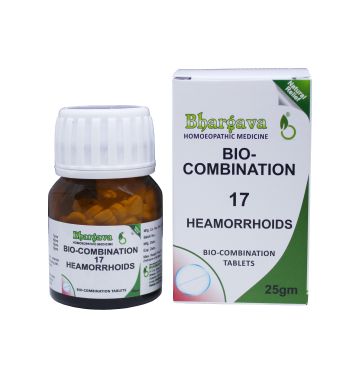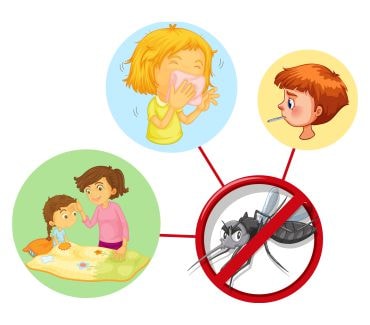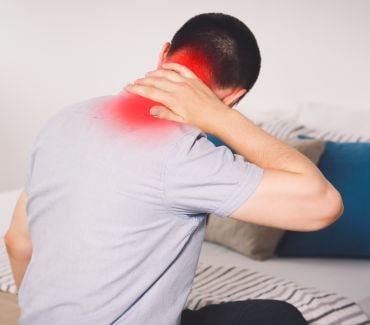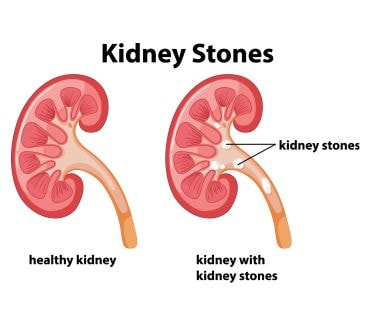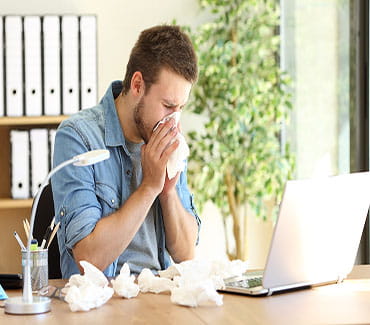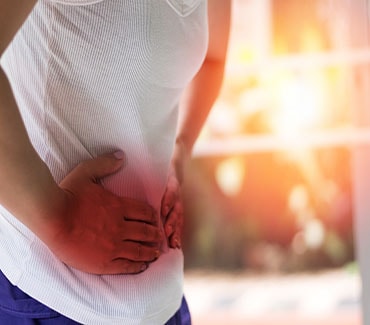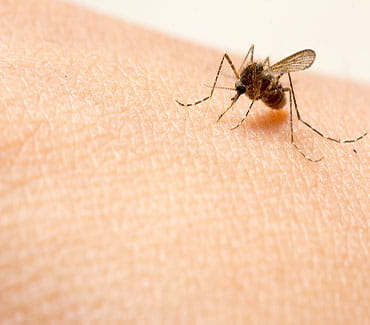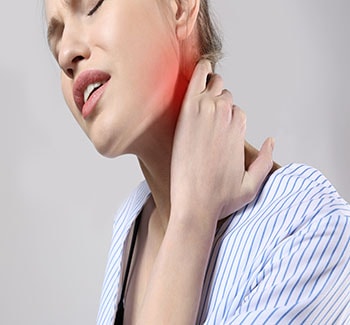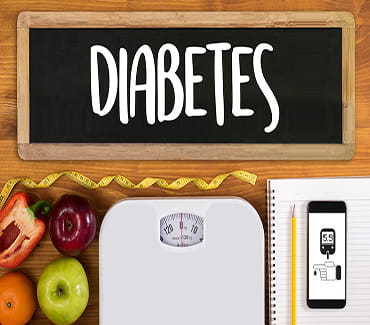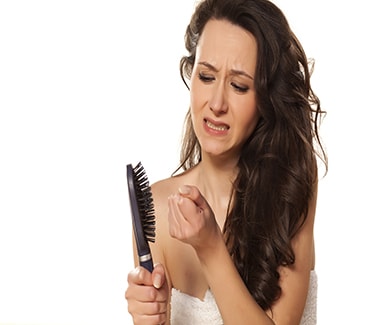Any bodily component that slides or reclines from its natural position is said to prolapse. Rectal prolapse is a condition in which the muscular aperture at the end of the digestive system is breached by a portion of the large intestine's lowest segment (rectum) (anus). Rectal prolapse might be uncomfortable, but it's seldom a serious medical issue.
When you use the restroom or attempt to defecate, if anything doesn't seem quite right, you shouldn't dismiss it or joke about it. Rectal prolapse can be identified by your doctor, who can also provide remedies.
Medications such as suppositories, stool softeners, and others are occasionally used to treat rectal prolapse. But to correct rectal prolapse, surgery is frequently required.
Piltin Drops is a homeopathic medicine for rectal prolapse from Doctor Bhargava. We'll understand more about its benefits later in this post.
Rectal Prolapse: What Does It Resemble?
The appearance of rectal prolapse varies from person to person. Your rectum has started to slip into your anus, but it hasn't yet emerged from the other end if you have an internal prolapse. The inner mucous lining of your rectum has turned inside-out and is beginning to protrude from your anus if you have a mucosal prolapse. When your whole rectus prolapses, it is called external prolapse. Prolapse may first just happen when you urinate, but later it becomes constant.
Who May Have Rectal Prolapse: Rectal Prolapse Causes:
Rectal prolapse affects more women than males, especially those over 50. In general, elderly individuals who have a history of constipation or issues with their pelvic floor are more likely to have the issue.
You may be more susceptible to rectal prolapse if you have any of the following medical conditions:
-
Persistent constipation
-
Constantly struggling to defecate.
-
Injury to the lower back or disc disease
-
Weakness in your pelvic floor or anus muscles
-
Your family has a history of rectal prolapse.
-
Diseases caused by parasites like schistosomiasis
-
A persistent obstructive pulmonary disease (COPD)
-
Benign prostatic hypertrophy
-
Any damage to or issues with the ligaments holding your rectum to the intestinal wall
-
Hirschsprung's disease or neuronal intestinal dysplasia are congenital bowel conditions.
Symptoms:
When having a bowel movement, the person may first just perceive a lump or bulge coming out of their anus. Initially, the rectal prolapse could be able to be forced back within, or it might just do so on its own. The prolapse, however, is likely to stick out permanently over time and become unable to be put back.
As time goes on, coughing, sneezing, standing up, or exercising may cause a rectal prolapse. Some rectal prolapse sufferers can compare their experience to sitting on a ball.
An internal rectal prolapse, which is unusual in that it won't protrude, may occur in certain persons.
However, the person could feel pressure in the rectum or feel like they had an incomplete bowel movement.
Other rectal prolapse symptoms might include:
-
50–75% of people have trouble regulating their bowel motions when suffering from Rectal Prolapse.
-
Constipation, which occurs in around 25–50% of individuals with rectal prolapse,
-
Reddish-orange blood oozing from the rectum
-
Pressure and pain in the rectus
-
Mucous expulsion
How Can the Problem of Rectal Prolapse be Prevented?
There are several actions people can take to minimize their risk of rectal prolapse. These consist of:
Rectal Prolapse Treatment:
There are several efficient homeopathy medicines for Rectal Prolapse treatment available. Our doctors will suggest the best course of action depending on your issue.
Piltin Drops:This is one of the best homeopathic medicine for rectal prolapse manufactured by Dr Bhargava. It works well for bleeding piles and fissures, along with constipation, soreness, and burning in the anus. Piltin drops used for anal prolapse homeopathy treatment work quickly, safely, and efficiently. There are no documented negative effects or interactions with other medications. They also have no contraindications and don't build habits. After the symptoms have subsided, it is advisable to continue taking a lower dose. Generally speaking, you should continue taking this medication piltin drop after your symptoms have subsided the longer you have the issue. This will increase the likelihood of a fuller recovery. The continual dose can range from twice daily to twice weekly for a week to possibly many months, depending on how long the condition has persisted and how severe it is.


















